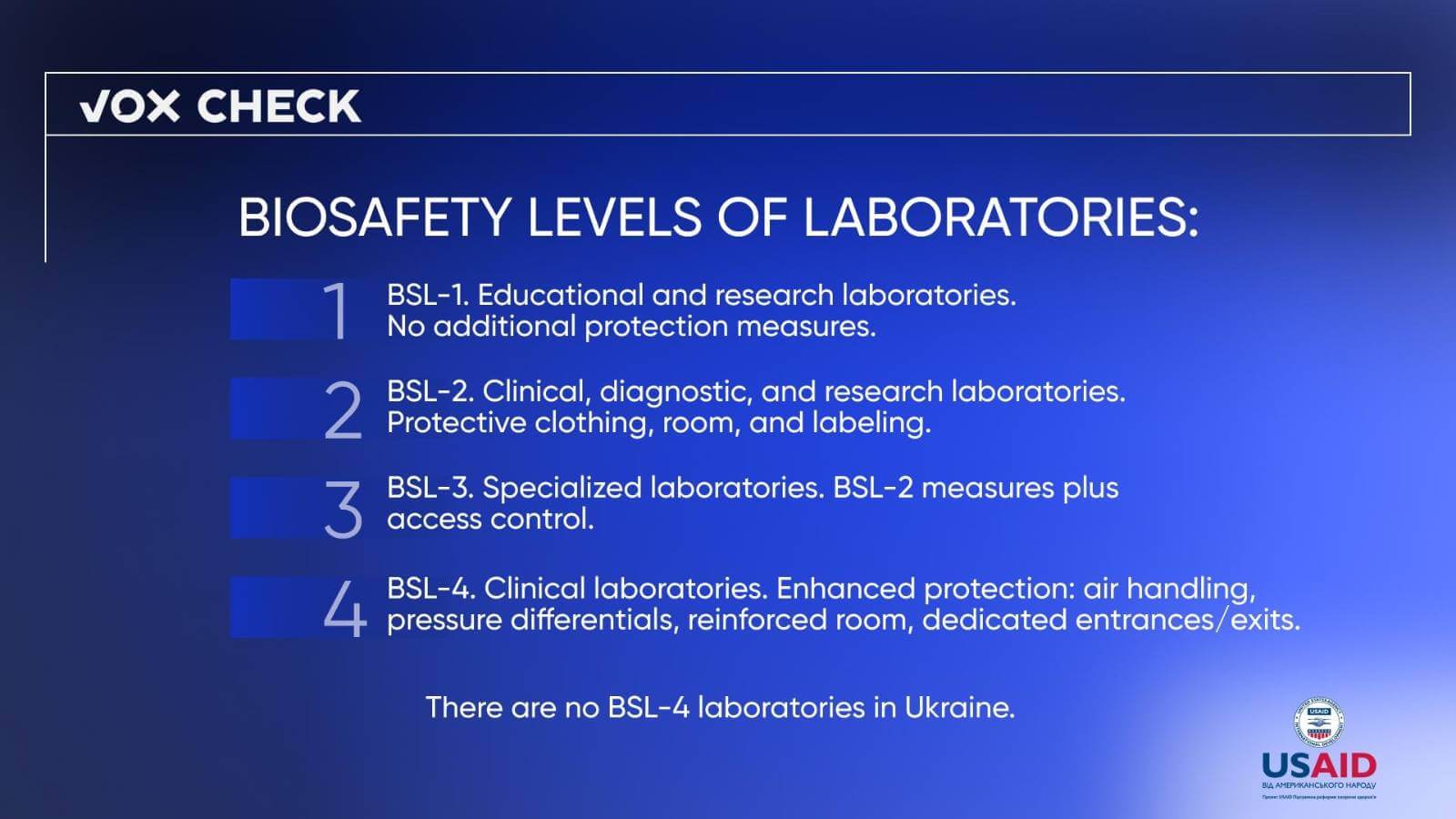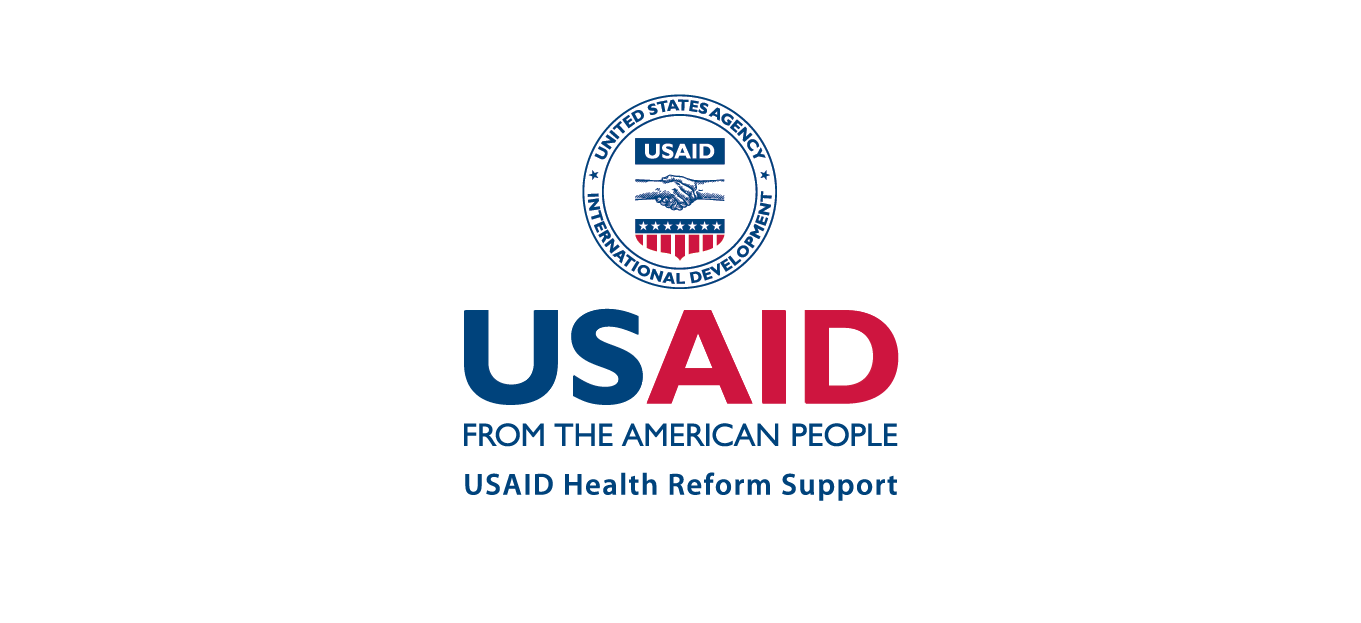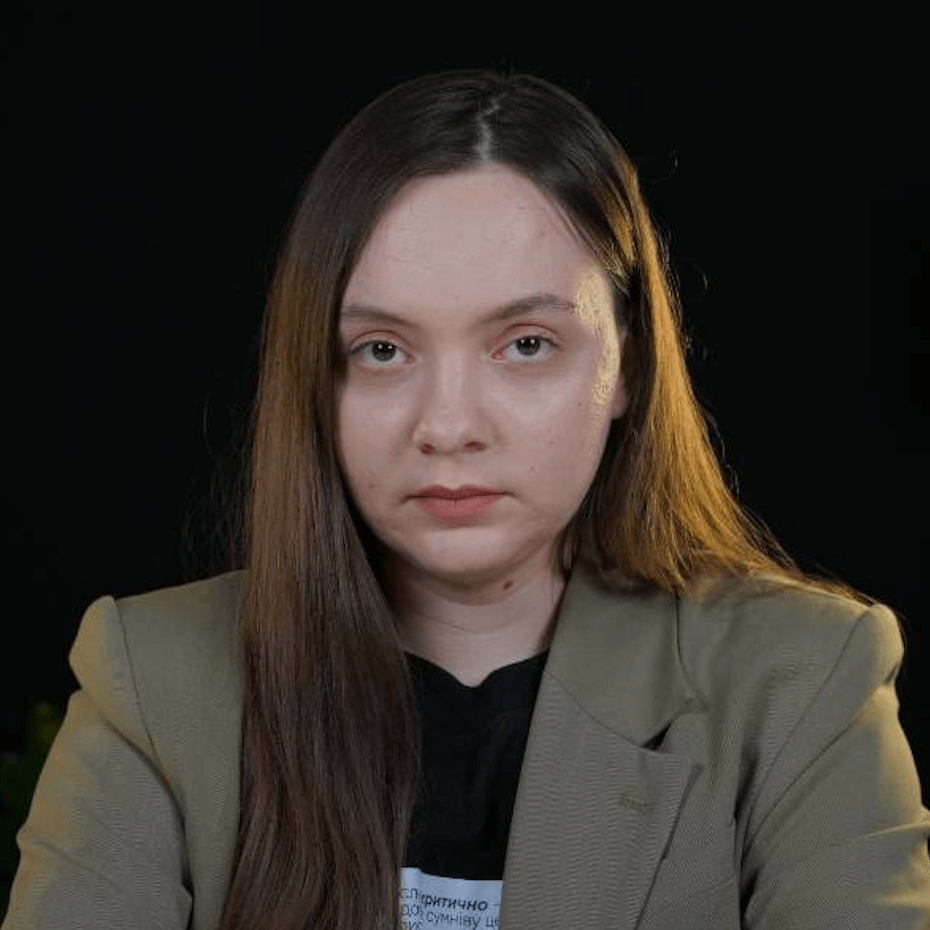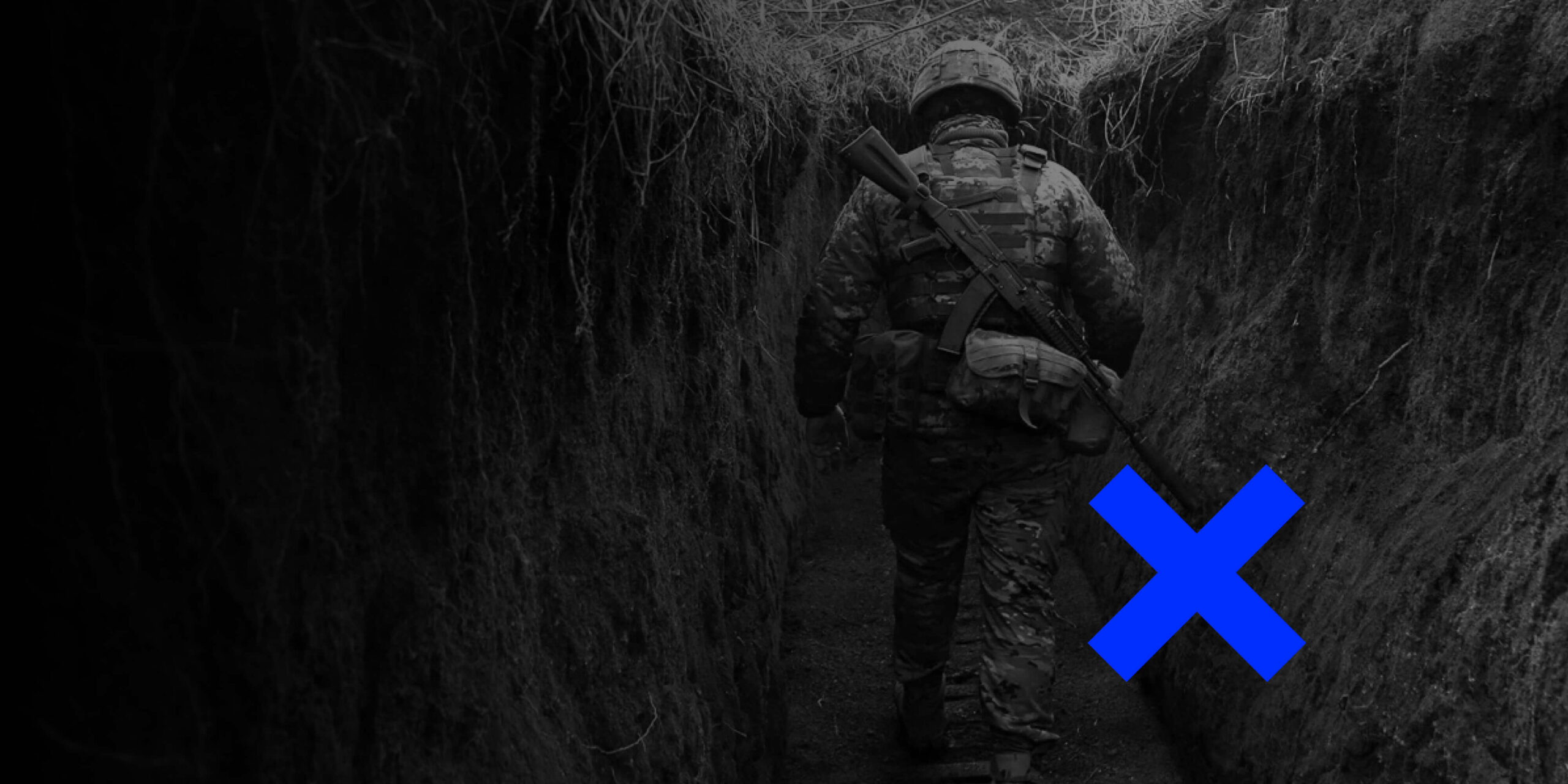At the beginning of June, the Russian media spread the comments of Robert Kennedy Jr. regarding biolaboratories in Ukraine. The American politician allegedly confirmed the development of bioweapons in Ukrainian laboratories under the leadership of the United States. However, they are just once again trying to make wishful thinking come true and hear “bioweapons” in every mention of laboratories in Ukraine.
With the support of the USAID Health Reform Support project, VoxCheck analyzes and refutes public health narratives spread in the information space of Ukraine, Belarus, and russia on a weekly basis.
Information is spreading online that Robert Kennedy Jr. allegedly confirmed the presence of US biological laboratories in Ukraine, where they are working on various types of weapons.
What’s the reality?
On June 5, Robert F. Kennedy Jr. participated in a discussion with Elon Musk and David Sacks that was broadcast live on Twitter. In the conversation, Sacks mentioned the “surreal case of the war in Ukraine” when US Deputy Secretary of State Victoria Nuland seemingly confirmed the existence of biolaboratories in Ukraine after months of denials. Kennedy Jr. picked up on this and continued that she had claimed the existence of a network of US bioweapons development laboratories in Ukraine. This is where the alleged confirmation quote of American-Ukrainian work with bioweapons comes from. However, his words do not confirm anything.
Robert Kennedy Jr., the nephew of President John F. Kennedy and son of the U.S. Attorney General and New York Senator Robert F. Kennedy. In the past, he was a writer and environmental lawyer, and for the past 15 years, he has been an active anti-vaccination advocate. He founded the charitable organization “Children’s Health Defense”, which also spread false claims about vaccines during the COVID-19 pandemic. In 2021, Kennedy released the book “The Real Anthony Fauci“, in which he accused the chief infectious disease doctor of aiding in a “historic coup against Western democracy” and promoted unproven COVID-19 treatments such as ivermectin, which is intended for treating parasites, and the antimalarial drug hydroxychloroquine. In 2021-2022, the social media pages of Kennedy and his organization were blocked on Facebook and Instagram for repeatedly spreading COVID-19 disinformation. However, because Kennedy has been a presidential candidate for the 2024 elections since April, Instagram has granted access to his personal account.
In one of our previous issues, we debunked information claiming that Nuland confirmed the development of bioweapons. In reality, the response from the U.S. State Department representative to a question about the existence of chemical or biological weapons in Ukraine was as follows: “Ukraine has biological research facilities which, in fact, we are now quite concerned Russian troops, Russian forces, may be seeking to gain control of,” she responded. “So we are working with the Ukrainians on how they can prevent any of those research materials from falling into the hands of Russian forces should they approach.”
The State Department stated that during her testimony, Ms. Nuland was referring to Ukrainian diagnostic and biosafety laboratories, which are distinct from biological weapons facilities. These biosafety laboratories, in fact, work to counter biological threats throughout the country.
Like other countries that emerged after the dissolution of the Soviet Union, Ukraine participates in the Biological Threat Reduction Program (a subprogram within the broader Cooperative Threat Reduction Program established in 1991, known as the Nunn-Lugar Program). In 2005, the Ministry of Health of Ukraine signed a cooperation agreement with the United States under the Biological Threat Reduction Program. Over the past two decades, the program has provided support to 46 Ukrainian laboratories, medical institutions, and diagnostic centers. The cooperation program focuses on improving healthcare and agricultural measures. The current implementing agencies of the Biological Threat Reduction Program in Ukraine are the Ministry of Health of Ukraine, the State Service of Ukraine for Food Safety and Consumer Protection, the National Academy of Agrarian Sciences, and the Ministry of Defense.
According to the classification of the World Health Organization, biological laboratories are divided into biosafety levels (BSL) ranging from BSL-1 to BSL-4. BSL-1 is applied to the least risky facilities such as educational and basic research laboratories, while BSL-4 is required for working with highly hazardous pathogens. The standard research laboratories mentioned by Nuland are typically classified as BSL-2 or BSL-3, depending on the nature of the research subject.
Source: World Health Organization
BSL-4 work involves the highest level of isolated safety and requires enhanced levels of protection and specific protective equipment. It includes a biosafety room with positive pressure at the entrance and double doors, autoclaving, air filtration at the exit, and specialized waste disposal. There are no laboratories in Ukraine with such a level of protection. This once again confirms that the development of any bioweapons in Ukraine is theoretically impossible.
The Ministry of Health of Ukraine emphasizes that there are no “American laboratories” on Ukrainian territory. All laboratory facilities in Ukraine serve a single common purpose — the detection and identification of infectious disease agents with significant epidemic potential and/or international significance, in accordance with international health regulations.
This information piece was produced with the assistance of the United States Agency for International Development (USAID), provided on behalf of the people of the United States of America. This article’s content, which does not necessarily reflect the views of USAID, the United States Government, is the sole responsibility of Deloitte Consulting under contract #72012118C00001.
Attention
The authors do not work for, consult to, own shares in or receive funding from any company or organization that would benefit from this article, and have no relevant affiliations





